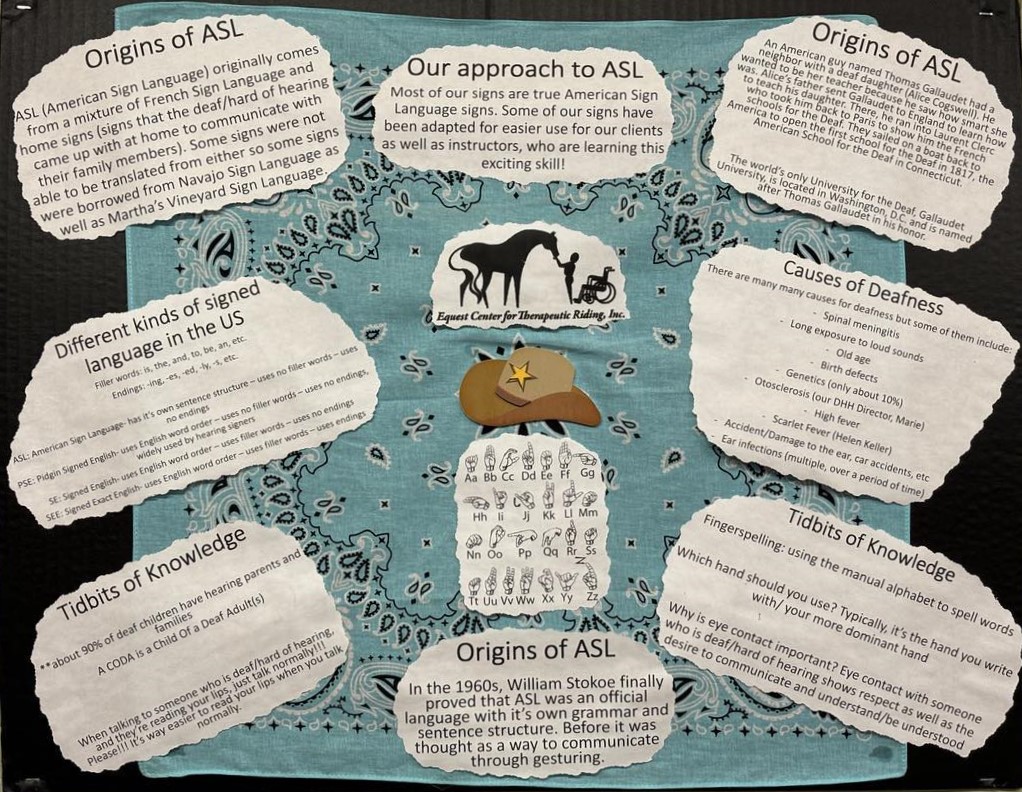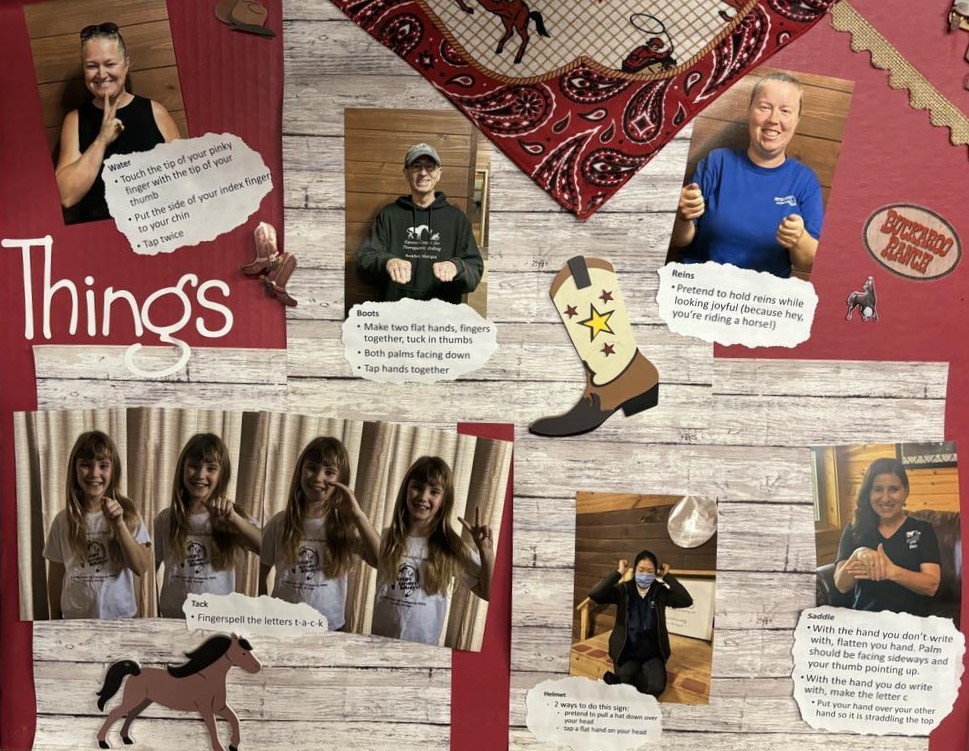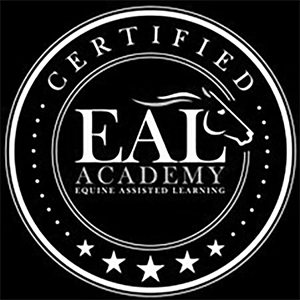Equest Center for Therapeutic Riding’s Deaf and Hard of Hearing equine program is specifically designed for our DHH population. We use a Total Communication approach so each student is instructed in their preferred language. Riders will gain self-advocacy skills, social/emotional connections and knowledge, as well as physical riding skills. They will work on community building and identity development as well. We have Hearing Assistive Technology (HAT) such as FM systems, video relay service, and interpreted informational videos in order to best assist our population for whatever they may need.
Deaf and Hard of Hearing Equine Program
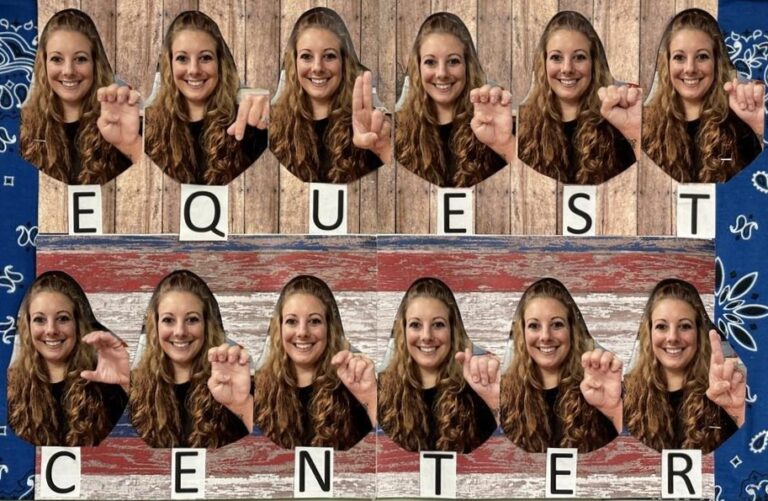
How can this program help our Deaf and Hard of Hearing Community?
Physical Benefits – Improved balance, posture & coordination (fine and gross motor skills), faster reflexes, improved respiration and circulation, improved appetite and digestion, provides sensory integration, normalization of muscle tone, increased strength & stamina, endurance and relaxation.
Mental Benefits – Strengthens receptive short-term memory, improves math and reading skills, problem solving, spatial relationships, strengthens ability to follow directions, learning empathy between humans and animals, learn new skills surrounding self-care and care of others, staying safe in situations that require people with hearing loss to be more visually aware.
Social/Emotional Benefits – Provides general sense of well-being, improved self-confidence, Increased interest in outside world and interest in one’s own life, community building, healthy identity development, develop patience, emotional control and self-discipline, learning and building self-advocacy skills, improves communication skills, develops courage and a willingness to take risks, social relationships, breaks down barriers, teaches kindness and develops a respect and love for animals.
Kelly Alcock, Client Program Coordinator at KellyAlcock@EquestCenter.org or
Marie DeRegnaucourt, Deaf and Hard of Hearing Program Coordinator at MarieDeregnaucourt@EquestCenter.org
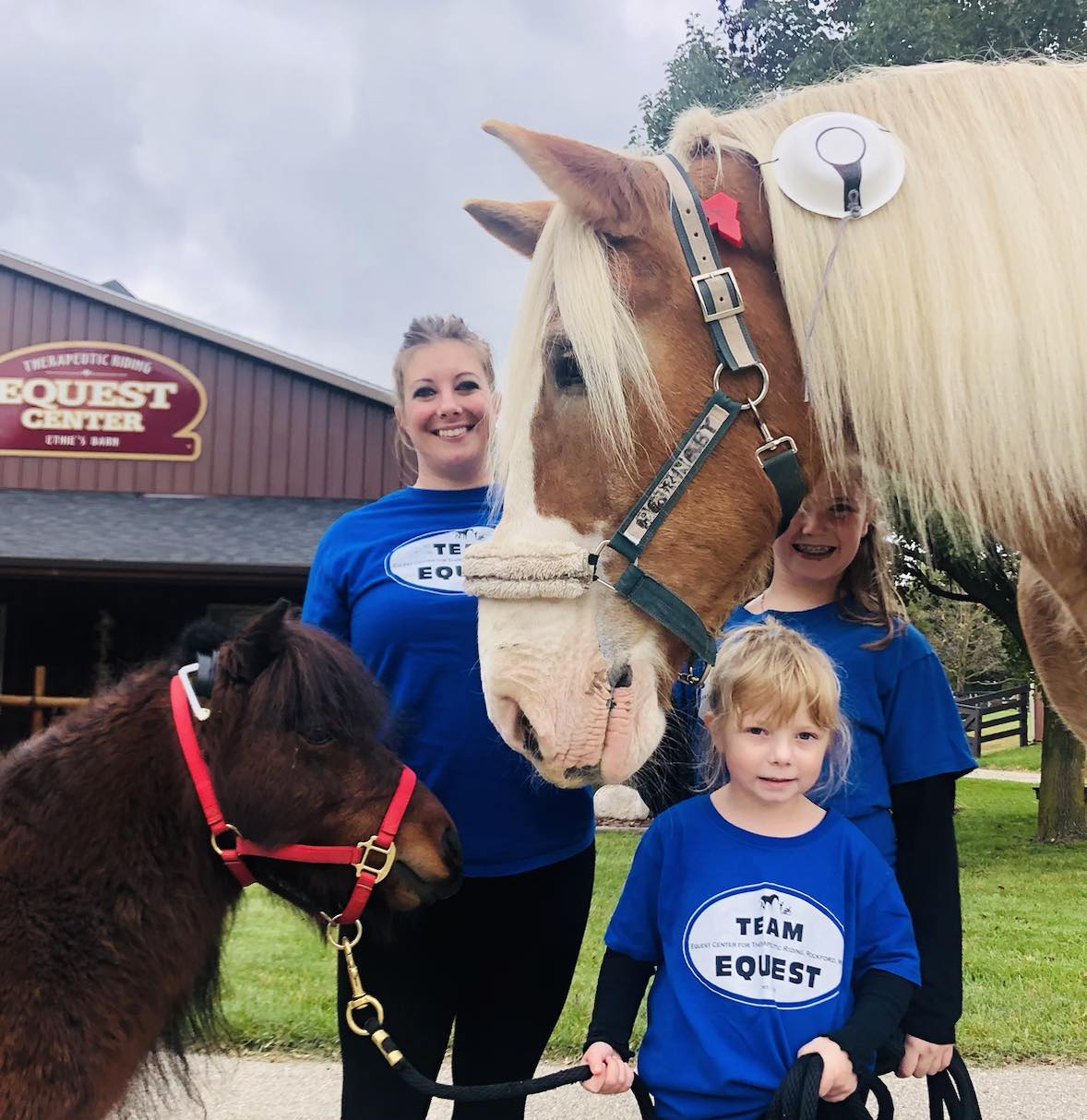
What does it mean to be Deaf or Hard of Hearing?
According to Deaf C.A.N., there are about 40,000 people in Michigan who are Deaf and more than one million people who are hard of hearing in the state. Deafness and hearing loss have many causes ranging from exposure to loud sounds, illness, genetics, or age.
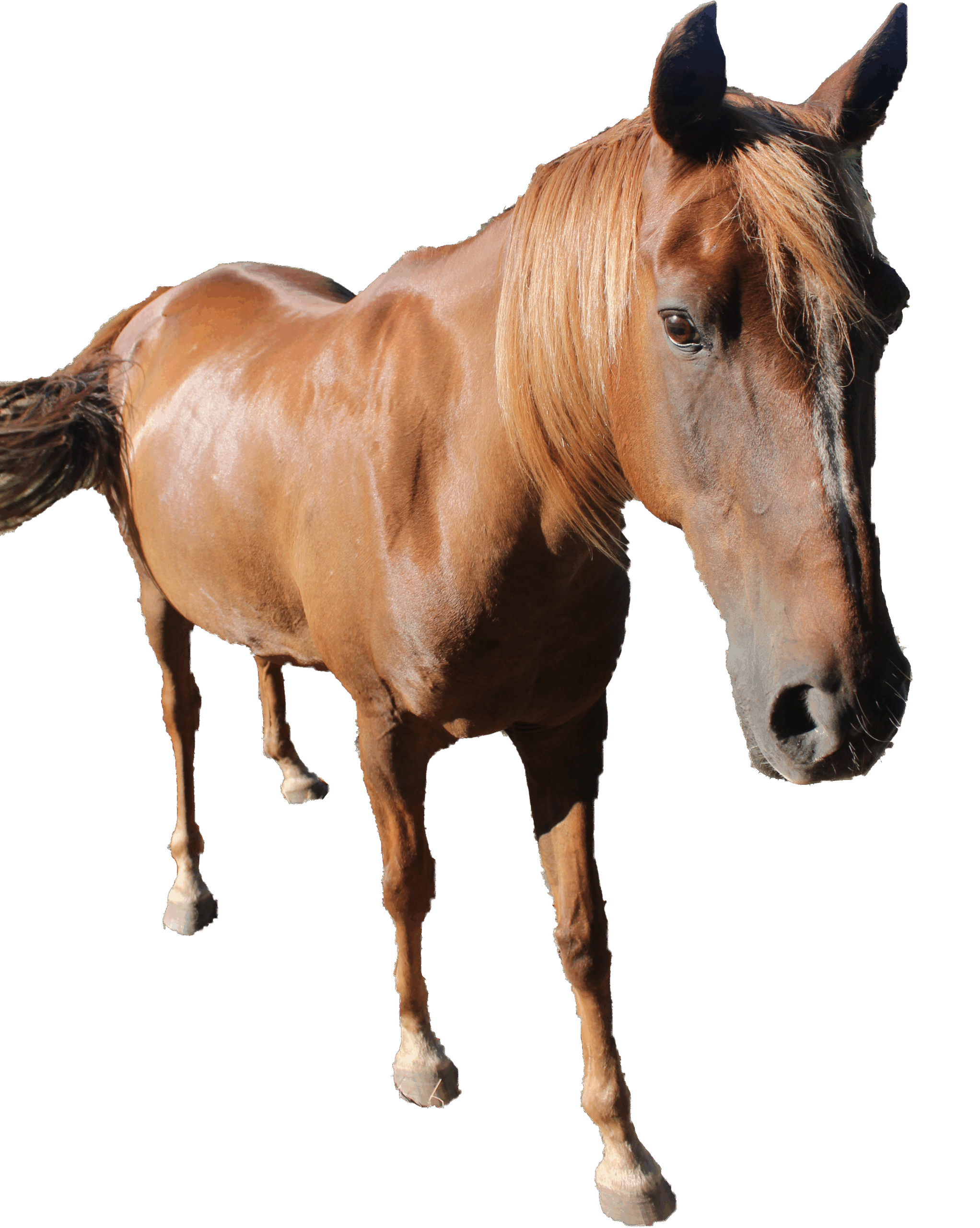

Meet our Deaf and Hard of Hearing Program Coordinator:
Marie DeRegnaucourt
- Certified K-12 Deaf Education
- Certified American Sign Language Teacher
- Certified K-12 Special Education
- Certified K-5 General Education
- Experienced in kids K-12 with Trauma
- Experienced in HAT equipment for Deaf/Hard of Hearing
- Experienced in Deaf Culture and History
My name is Marie DeRegnaucourt. I am hard of hearing, working at Northview High School as an ASL teacher since 2014. I’m also the coordinator for Northview PAH, an expo that brings the Deaf/Hard of Hearing community together to provide resources, connections, fellowship, and fun. I have two daughters, Aubrey and Chloe who love learning ASL and being a part of events within the Deaf community. I have been at Equest Center since 1999! This is my second home and family! I am excited to provide the Deaf and Hard of Hearing community this fun, engaging Equine Program offering so many benefits and so many beautiful people.
